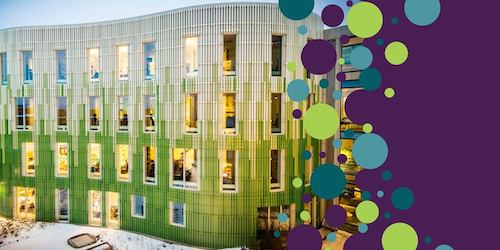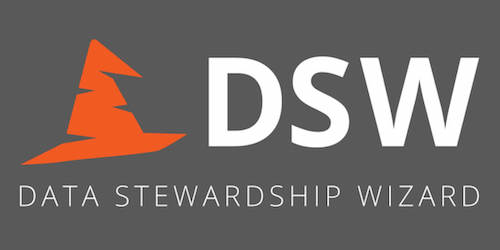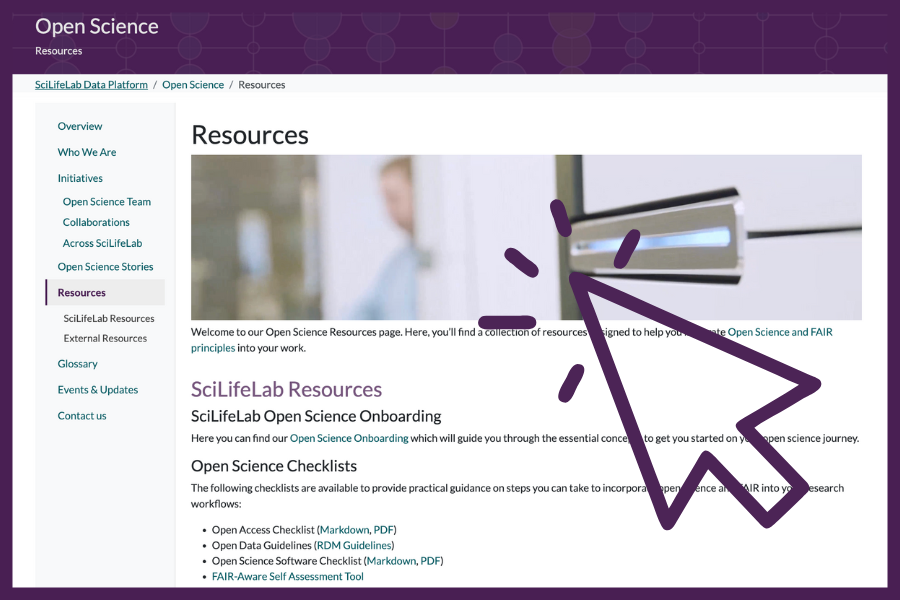Welcome to the SciLifeLab Data Centre information package for fellows
SciLifeLab Data Centre looks forward to engaging, supporting, and collaborating with you and your research group. In this new section of the SciLifeLab Data Platform, you will find comprehensive information, services, and support for digital infrastructure, computing, storage, hosting, AI, Research Data Management, Open Science, FAIR data, and more. Find out specific information grouped under the tabs below.
SciLifeLab Data Centre
This package is hosted by SciLifeLab Data Centre (DC), a multi-site central unit within SciLifeLab serving both the infrastructure and the research community, and with a strategic data science role for SciLifeLab. Our main task is to lead SciLifeLab's digital infrastructure and ensure that SciLifeLab and Sweden are at the forefront of data-driven life science when it comes to technology. DC develops and operates services for data publishing, research data management, hosting of applications and AI models, Open Science and FAIR, and also runs a helpdesk for data and IT-related questions. We can also assist you in accessing national e-infrastructure and provide answers to any questions you may have regarding data. Together with NBIS, we offer Research Data Management services and support. Learn more about our services here.
Contact us: datacentre@scilifelab.se
Follow us:
Support, consultations and meetings
SciLifeLab Data Centre teams offer support meetings and consultations (in-person or virtual) for fellows and their research groups. Please describe your needs and specify which team you wish to consult with, so we can tailor the meeting to effectively support your research.
Contact us: datacentre@scilifelab.se
More about SciLifeLab Data Centre here
Onboarding events for fellows
Meeting the fellow's community and learning about your needs is essential in our line of work. Twice a year, we arrange an overview event “Discover services for data-driven life science“, which presents the services, tools, and support available for data-driven life science.
The slides and recordings from previous presentations and events
SciLifeLab seminar series
There are several SciLifeLab events and seminars that can be of interest to fellows, covering topics like artificial intelligence, machine learning or data management. Below, you can find the collective links to specific topics.
Tools for AI/ML research in Life Sciences
Data Management seminar series
SciLifeLab seminar series
Discover other events at the Data Platform
Services and tools for your research
SciLifeLab facilitates access to many services and tools that support data-driven Life Science research. Due to our extensive range of services, we offer three distinct avenues for identifying the optimal research tool for your specific needs.
Service Finder
The Service Finder tool prompts you to answer a flowchart of funnelled questions and suggests a suitable service based on your specific requirements.
Services by category
More services are available via our SciLifeLab Data Platform, a webpage where you can browse available services by keywords and/or filter by type.
Compute & Storage resources
The e-infrastructure landscape in Sweden is fragmented, with a plethora of resources made available by different organisations.
Compilation of compute resources
Compilation of storage resources
Research Data Management
Research Data Management (RDM) concerns the organisation, storage, preservation, sharing, and reuse of research outputs collected and analysed during a research project. Effective planning and management of research data improves the quality of a project and facilitates data manipulation during the project lifecycle. Additionally, it promotes data sharing, which allows others to validate, train, and reuse the data. SciLifeLab Data Management is a collaborative effort between SciLifeLab Data Centre and NBIS Data Management. The overall aim of SciLifeLab Data Management is to maximise the value of life science data by highlighting and disseminating information about Open Science, FAIR and good RDM practices. In order to assist the research community in these areas, we offer a range of services, tools, personalised support, courses and training.
Below are some of our services, guidelines and tools for managing your data in efficient and trouble-fee way. Explore our full services catalouge here.
Learn more and stay in touch
We are happy to assist you with Data Management questions.
Contact us: data-management@scilifelab.se
Open Science
Open Science has gained significant traction in the research community, where transparency, accessibility, and collaboration are emphasised. Recent updates to public policies are also driving change: for instance, the Swedish Research Council states that scientific publications resulting from publicly funded research shall be immediately openly available, effective from 2021. Furthermore, a deadline has been set for the complete implementation of open access to research data by 2026, which serves to underscore the significance of making data openly available. In addition, the national guidelines for promoting Open Science in Sweden not only align with international recommendations but also serve as a bridge between global standards and national initiatives.
These guidelines identify six key areas that are crucial for further development in Sweden:
- Open access to scholarly publications
- Open access to research data
- Open research methods
- Open Educational Resources
- Public engagement in science
- Infrastructures supporting Open Science
It is imperative for higher education institutions and research funders to develop policies, infrastructure, and guidance to facilitate researchers in practising Open Science. By embracing Open Science principles, researchers contribute to a culture where findings are freely available, reproducible, and subject to scrutiny, ultimately advancing the collective understanding of the world around us. Furthermore, integrating Open Science into research practices enhances the quality and impact of research, while also fostering innovation and collaboration within the scientific community. Whether researchers are just starting out or seeking to incorporate Open Science into existing practices, there are numerous avenues and resources available to facilitate this transformative journey.
The UNESCO Open Science Recommendations are a helpful resource to begin your journey. At the SciLifeLab Data Centre, resources such as the Figshare data repository are helpful for sharing your research data and other outputs.
The Open Science Team
The Open Science team at SciLifeLab coordinates and supports the integration of Open Science and FAIR principles across the organisation. The team works with colleagues across SciLifeLab and with Open Science initiatives nationally and internationally to develop guidance, tools, and foster collaboration through communities of practice. In doing so, the team helps embed Open Science practices in all research at SciLifeLab and its affiliated organisations. For more information visit the Open Science pages.
Read more
National guidelines for promoting Open Science (English)
National guidelines for promoting Open Science (Swedish)
UNESCO Open Science Recommendations
Get in touch
If you would like to learn more about Open Science or have questions about particular approaches and tools, feel free to contact us at datacentre@scilifelab.se with ‘Open Science’ in the subject line.



